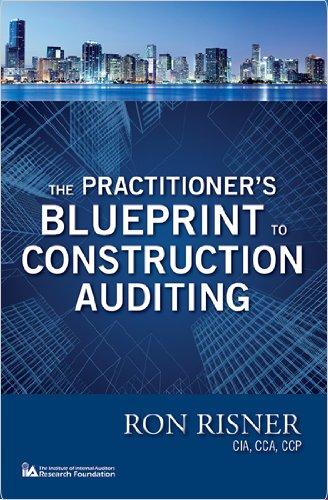Question
Cardinal Company is considering a project that would require a $2,755,000 investment in equipment with a useful life of five years. At the end of
| Cardinal Company is considering a project that would require a $2,755,000 investment in equipment with a useful life of five years. At the end of five years, the project would terminate and the equipment would be sold for its salvage value of $300,000. The companys discount rate is 14%. The project would provide net operating income each year as follows: |
| Sales | $ | 2,859,000 | |||||||||
| Variable expenses | 1,100,000 | ||||||||||
| Contribution margin | 1,759,000 | ||||||||||
| Fixed expenses: | |||||||||||
| Advertising, salaries, and other fixed out-of-pocket costs | $ | 700,000 | |||||||||
| Depreciation | 491,000 | ||||||||||
| Total fixed expenses | 1,191,000 | ||||||||||
| Net operating income | $ | 568,000 | |||||||||
| |||||||||||
| 3.What is the present value of the projects annual net cash inflows? 4.What is the present value of the equipments salvage value at the end of five years? 5.What is the projects net present value? 6.What is the project profitability index for this project? 7.What is the projects payback period? 8.What is the projects simple rate of return for each of the five years? (Answer in %) 9. If the companys discount rate was 16% instead of 14%, would you expect the project's net present value to be higher than, lower than, or the same? 10. If the equipments salvage value was $500,000 instead of $300,000, would you expect the projects payback period to be higher than, lower than, or the same? 11. If the equipments salvage value was $500,000 instead of $300,000, would you expect the project's net present value to be higher than, lower than, or the same? 12. If the equipments salvage value was $500,000 instead of $300,000, what would be the projects simple rate of return? 13. Assume a postaudit showed that all estimates (including total sales) were exactly correct except for the variable expense ratio, which actually turned out to be 50%. What was the projects actual net present value? 14.Assume a postaudit showed that all estimates (including total sales) were exactly correct except for the variable expense ratio, which actually turned out to be 50%. What was the projects actual payback period? 15.Assume a postaudit showed that all estimates (including total sales) were exactly correct except for the variable expense ratio, which actually turned out to be 50%. What was the projects actual simple rate of return? | |||||||||||
Step by Step Solution
There are 3 Steps involved in it
Step: 1

Get Instant Access to Expert-Tailored Solutions
See step-by-step solutions with expert insights and AI powered tools for academic success
Step: 2

Step: 3

Ace Your Homework with AI
Get the answers you need in no time with our AI-driven, step-by-step assistance
Get Started


